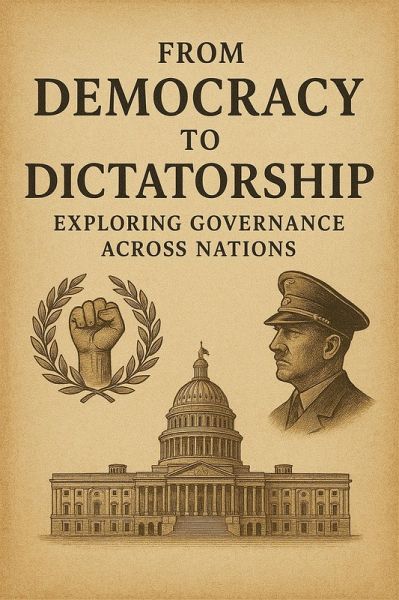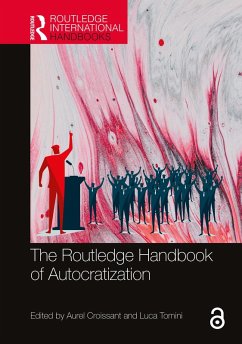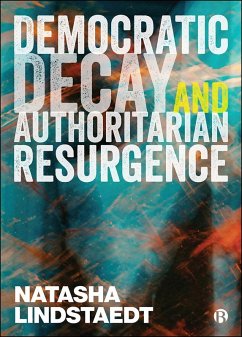
From Democracy to Dictatorship: Exploring Governance Across Nations (eBook, ePUB)

PAYBACK Punkte
0 °P sammeln!
"From Democracy to Dictatorship: Exploring Governance Across Nations" is a sweeping, accessible exploration of how power is organized, abused, defended, and transformed across the globe. Moving far beyond simple labels, it traces democracy and dictatorship as points on a shifting spectrum, showing how countries slide gradually toward authoritarianism or claw their way back toward freer systems. Through clear explanations and a reflective, bookish tone, it unpacks the "DNA" of democracyelections, rule of law, independent courts, free media, civil societyand contrasts it with the inner anatomy o...
"From Democracy to Dictatorship: Exploring Governance Across Nations" is a sweeping, accessible exploration of how power is organized, abused, defended, and transformed across the globe. Moving far beyond simple labels, it traces democracy and dictatorship as points on a shifting spectrum, showing how countries slide gradually toward authoritarianism or claw their way back toward freer systems. Through clear explanations and a reflective, bookish tone, it unpacks the "DNA" of democracyelections, rule of law, independent courts, free media, civil societyand contrasts it with the inner anatomy of dictatorships: concentrated power, security states, propaganda, patronage, and fear.
The book journeys from the historical roots of democratic ideas through the messy realities of building new democracies, the dangers of backsliding, and the everyday experience of life under authoritarian rule. It examines how coups, crises, populist strongmen, and digital technologies can quietly hollow out freedom, and how revolutions, uprisings, and negotiated transitions can open new possibilities, however fragile. Later chapters compare why some democracies endure while others fail, why some dictatorships outlast generations, and how culture, religion, nationalism, and identity narratives are used either to justify repression or to ground more inclusive governance.
Throughout, the focus repeatedly returns to citizens: their fears and hopes, their tools for resistance, and their responsibilities in preventing the slide toward dictatorship. The closing sections look ahead to the 21st century, asking how democracy must be reimagined in an age of globalization, climate crisis, and digital disruptionwithout surrendering its core promise that people, not rulers, are the ultimate authors of political life.
The book journeys from the historical roots of democratic ideas through the messy realities of building new democracies, the dangers of backsliding, and the everyday experience of life under authoritarian rule. It examines how coups, crises, populist strongmen, and digital technologies can quietly hollow out freedom, and how revolutions, uprisings, and negotiated transitions can open new possibilities, however fragile. Later chapters compare why some democracies endure while others fail, why some dictatorships outlast generations, and how culture, religion, nationalism, and identity narratives are used either to justify repression or to ground more inclusive governance.
Throughout, the focus repeatedly returns to citizens: their fears and hopes, their tools for resistance, and their responsibilities in preventing the slide toward dictatorship. The closing sections look ahead to the 21st century, asking how democracy must be reimagined in an age of globalization, climate crisis, and digital disruptionwithout surrendering its core promise that people, not rulers, are the ultimate authors of political life.
Dieser Download kann aus rechtlichen Gründen nur mit Rechnungsadresse in A, B, CY, CZ, D, DK, EW, E, FIN, F, GR, H, IRL, I, LT, L, LR, M, NL, PL, P, R, S, SLO, SK ausgeliefert werden.













